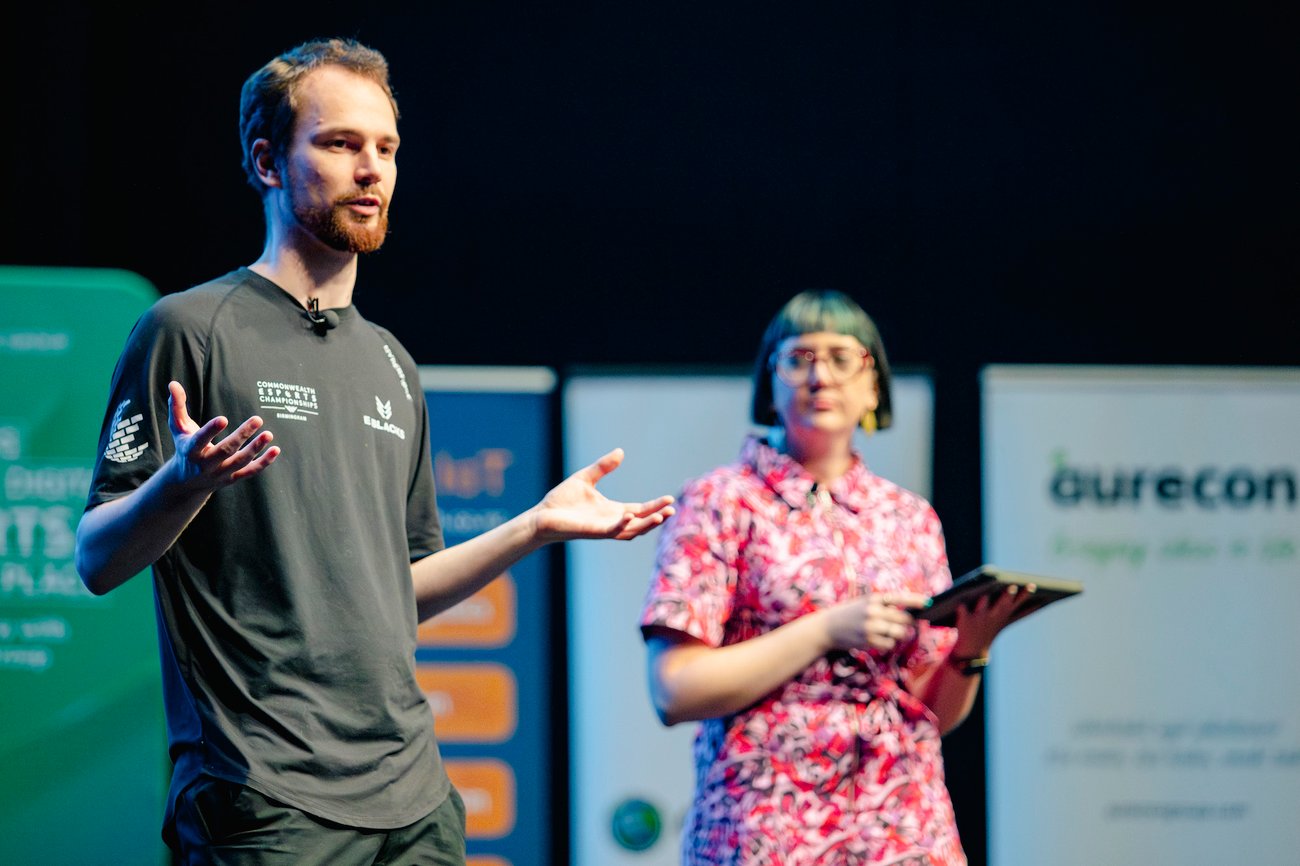
Not only is Christchurch rebuilding, it is also aiming to become New Zealand’s new hub of innovation, as showcased at the city’s recent Innovation Expo. Our writer Bernadette Basagre travelled to the ‘Garden City’ to attend the expo. Here is her review.
Located right in the middle of Christchurch, the new Te Pae Convention Centre was full to the brim with people of all ages, eager to see what the future of the city will look like.
The Christchurch Innovation Expo, held at the beginning of September, highlighted the opportunity to become the next innovation hub and smart city, with a network of digital experts in one place.
Over the course of two days, the Innovation Expo featured a variety of speakers discussing the future of technology, while also showcasing the capabilities of tech in a demonstration floor.
On the demonstration floor, people were tapped into the world of electric airplanes, smart airports, smart streetlamps and much more.
Visitors also caught a glimpse into how electric vehicles are made and learned how companies and people can use virtual reality (VR) technology.
The expo held a number of workshops such as robotics, PC building and even e-sport tournaments.
It was clear from the get-go that there was an eagerness in the air for everyone to get dialled into the digital world.
However, the real insightful aspect of the Christchurch Innovation Expo were the array of diverse keynote speakers, both local and from the likes of the global tech hub Silicon Valley.
The expo kicked off on Sunday with artificial intelligence (AI) and Silicon Valley expert, Dr Jonathan Reichental, who spoke on how humans will be integrating deep tech from here on out.
Surprisingly, Reichental told us that AI has been around for over 70 years. He said the world is heading towards an era of artificial general intelligence, where the tech can solve a task that used to require humans to complete.
The audience was just as eager for this development of AI, with 40 percent of an audience of 50 raising their hand on their agreement for the tech to be developed faster.
Reichental talked later on the Sunday about the technology trends he is seeing first-hand in Silicon Valley, where the likes of autonomous vehicles, AI-run factories and the use of 3D printers to build our homes on the moon now approaching quicker than ever.
Read more: Entrepreneurs call NZ to be an innovation nation in new manifesto
Another highlight on the Sunday was the panel on digital equity by Te Matarau – the Māori Tech Association, a necessary discussion in an expo that highlighted the advancement of technology.
Though it is hard to accurately pinpoint how many people in New Zealand are impacted by the digital divide, during the pandemic over 100,000 students weren’t connected digitally.
Dr Warren Williams, Chief Executive of the 20/20 Trust said that though this number is slowly going down, we are still “not connected enough”, especially when technology is rapidly advancing and is updating yearly. Those on lower incomes are suffering from how quickly devices become obsolete.
Not only that, but there are still trust issues within Māori and Pasifika that can’t simply be solved by handing out devices.
It is predicted many will be affected by this divide, which will impact readiness for the workforce.
The panel said that from here it is all about “preparing a space that is appropriate for them”.
“How do we bring them into the space but how do we take on the role to make them feel welcome,” the panel said.
Onto the second day, the speakers focused on how Christchurch is becoming a smart city, with Michael Healy of Smart Christchurch explaining how they aim to create a city that makes opportunities for all.

Already, the city is on its way to become a smart city, with its use of technology already in full force, such as earthquake AI detection monitors to determine whether an infrastructure needs to be evacuated or not in the span of two minutes and also fire detection monitors that alarm services at any early stage.
The fire detection monitors are supported by telecommunications company, Spark.
Not only that, Healy added that their organisation is focusing a lot on SmartView, a web app map that allows citizens and visitors to see everything about Christchurch, whether it be the nearest drinking fountains, closed roads and more, all based on real-time data collected by AI sensors.
The conference closed off with keynote speaker Mike Manson, Chief Executive at Algim, who talked about the future of smart cities.
Already there is tech that is allowing for this to happen, with the likes of smart lawnmowers, autonomous vehicles and the possibilities of 3D printing.
He said that the United Kingdom’s London is the leading smart city in the world, and that is what he is striving to reflect, with Christchurch in the running to represent New Zealand.
The ambition this city has is enormous, and it is definitely worth keeping an eye on the South Island underdog.




